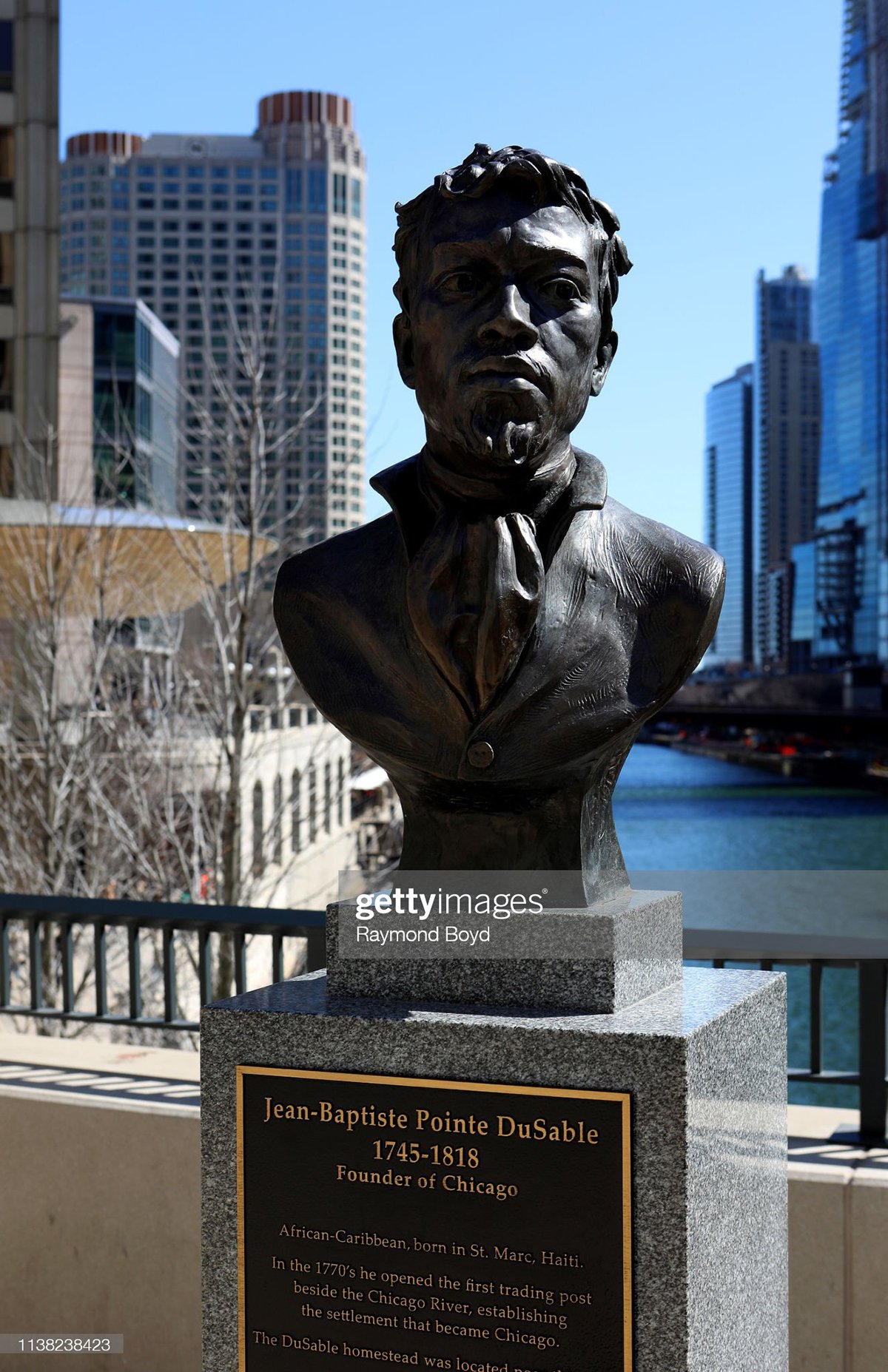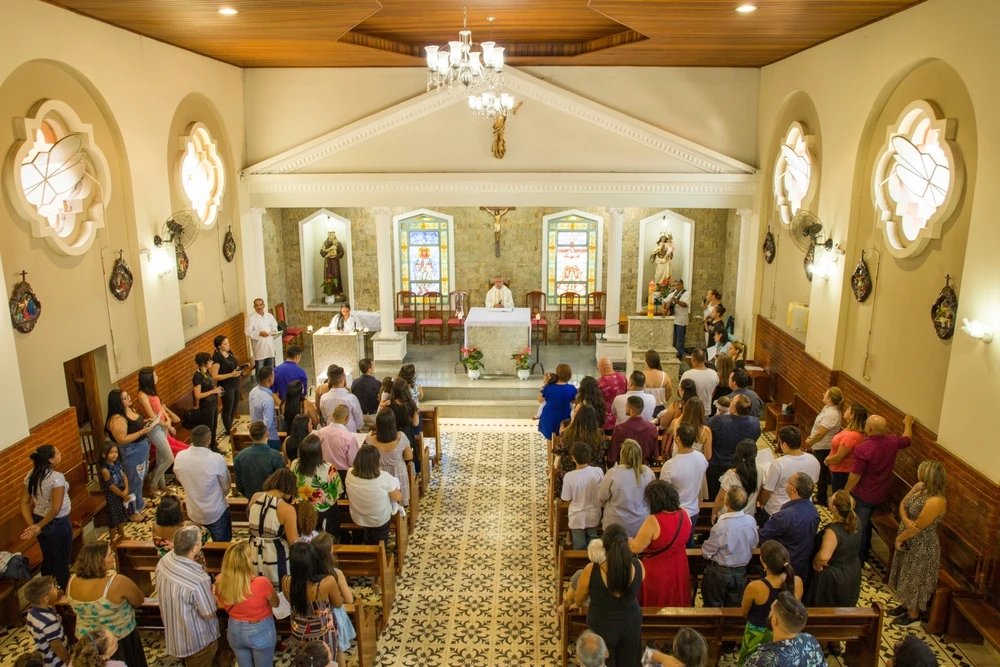News Americas, New York, NY, June 6, 2025: This June marks the 20th anniversary of National Caribbean American Heritage Month—an important milestone celebrating the contributions of Caribbean immigrants to the United States. In honor of this occasion, News Americas highlights 20 trailblazing Caribbean-born immigrants who made an undeniable mark on U.S. history.
These pioneers changed the narrative – building movements, founding cities, leading in politics, labor, and arts. Their stories remind us that the Caribbean American experience is woven deeply into the nation’s foundation.
1. Hubert H. Harrison – St. Croix, US Virgin Islands

A brilliant thinker and activist, Harrison was one of the most influential Black intellectuals of the early 20th century. Known as the “Father of Harlem Radicalism,” he founded the Liberty League and The Voice, and helped shape the early Pan-Africanist and New Negro movements. His influence extended to leaders like Marcus Garvey and A. Philip Randolph. A fierce advocate for both race and class consciousness, he left a profound legacy of secular, socialist, and humanist thought.
2. Elizabeth Hendrickson – St. Croix, US Virgin Islands

A fearless street orator and Harlem activist, Hendrickson fought for tenants’ rights, civil justice, and the Virgin Islands community. She co-founded the Harlem Tenants League, helped form the Virgin Islands Protective Association, and supported Caribbean migrants through multiple benevolent groups. She was a passionate advocate for the rights of the poor and marginalized during the Harlem Renaissance.
3. Eric D. Walrond – Guyana/Barbados

A Harlem Renaissance writer and journalist, Walrond authored the landmark short story collection Tropic Death. Born in British Guiana to a Barbadian mother, he lived in Panama before settling in New York. His literary voice brought the complexities of Caribbean life and immigrant struggles to the forefront of American literature. He also served as editor of Marcus Garvey’s Negro World and was a Guggenheim Fellow.
4. Frank Crosswaith – St. Croix, US Virgin Islands

Known as the “Negro Debs,” Crosswaith was a Socialist labor organizer and political candidate. He founded the Trade Union Committee for Organizing Negro Workers and co-founded the Harlem Labor Committee. Working closely with A. Philip Randolph, Crosswaith was a key advocate for Black inclusion in the American labor movement.
5. Ashley Totten – St. Croix, US Virgin Islands

A Pullman porter and labor organizer, Totten played a central role in forming the Brotherhood of Sleeping Car Porters. He recruited A. Philip Randolph to lead the union and continued organizing even after being fired from his job. He was also active in Virgin Islands politics and co-founded the Virgin Islands Protective League.
6. Richard B. Moore – Barbados

A radical activist, orator, and author, Moore arrived in NYC in 1909 and became a prominent member of the African Blood Brotherhood and the Communist Party. He ran multiple times for public office and later managed Harlem’s Frederick Douglass Book Center. His writings and advocacy work linked Caribbean and African American struggles for dignity and justice.
7. Otto Huiswoud – Suriname

The first Black member of the American Communist Party, Huiswoud was a committed labor organizer and Pan-Africanist. He helped organize maritime workers and served in international roles for the Communist movement. He was also a key figure in the African Blood Brotherhood and the Harlem leftist scene.
8. George Padmore – Trinidad & Tobago

Born Malcolm Nurse in Trinidad, Padmore became a leading Marxist theorist and journalist. He was deeply involved in the Pan-African movement and co-founded the African Blood Brotherhood. His influence helped lay the ideological groundwork for post-colonial independence movements in Africa and the Caribbean.
9. Cyril V. Briggs – Nevis

Founder of the African Blood Brotherhood and editor of The Crusader, Briggs was a fierce critic of white supremacy and a voice for Pan-African unity. He immigrated to the U.S. in 1905 and organized against lynching, racism, and voter suppression in the South, aligning with both socialist and Black nationalist circles.
10. John Russwurm – Jamaica

In 1827, Russwurm co-founded Freedom’s Journal, the first Black-owned and operated newspaper in the U.S. A trailblazing journalist and educator, Russwurm used the press to challenge slavery and racism, and later became a leader in Liberia’s education system.
11. Jean Baptiste Point du Sable – Haiti

Born in Saint-Domingue (Haiti), Point du Sable is credited as the founder of Chicago. He established a prosperous trading post at the mouth of the Chicago River in the late 1700s, laying the groundwork for what would become one of America’s largest cities.
12. Hubert Julian – Trinidad & Tobago

An aviation pioneer nicknamed “The Black Eagle,” Julian was among the first Black men to fly solo across the Atlantic. He dazzled crowds with parachute jumps and stunt flights and led the Aeronautical Division of Marcus Garvey’s UNIA.
13. Jan Earnst Matzeliger – Suriname

The son of a Surinamese mother and Dutch engineer father, Matzeliger revolutionized the shoe industry with his lasting machine. His invention drastically reduced shoe costs and production time, benefiting workers and consumers nationwide.
14. E.R. Braithwaite – Guyana

Eustace Edward Ricardo Braithwaite was a Guyanese-born novelist, teacher, and diplomat best known for his powerful 1959 autobiographical novel To Sir, With Love. He moved to the US and attended City College before joining the Royal Air Force as a pilot. The book, which tackled themes of racism and education in postwar Britain, was later adapted into a hit 1967 film starring Bahamian American Sidney Poitier. A former Royal Air Force pilot and Cambridge graduate, Braithwaite’s work highlighted the social struggles faced by Black professionals in Britain.
15. William H. Crogman – Saint Martin

A classical scholar and educator, Crogman became president of Clark College in Atlanta. Orphaned young, he rose through education to become a major force in the uplift of Black intellectual life in the post-Civil War South.
16. Pierre Toussaint – Haiti

A former slave who became a successful hairdresser and philanthropist in New York City, Toussaint funded orphanages, helped refugees, and supported the Catholic Church. He is currently a candidate for sainthood.
17. Arthur Schomburg – Puerto Rico

Arturo Alfonso Schomburg, born in Puerto Rico in 1874, was a historian, writer, and activist of African and German descent. After moving to New York City in 1891, he dedicated his life to uncovering and celebrating the contributions of Afro-Latin Americans and African Americans. A key figure in the Harlem Renaissance, Schomburg’s vast collection of African diaspora materials became the foundation of the Schomburg Center for Research in Black Culture at the New York Public Library.
18. Marcus Garvey – Jamaica

Founder of the Universal Negro Improvement Association (UNIA), Garvey was a global Black nationalist leader. His “Back to Africa” movement and call for economic empowerment inspired generations of Pan-African activists.
19. Alexander Hamilton

America’s greatest immigrant, Alexander Hamilton, was born on the Caribbean island of Nevis and also lived in St. Croix. A key figure in U.S. history, Hamilton served as an American military officer, statesman, and later as Founding Father. He became the nation’s first Secretary of the Treasury, serving from 1789 to 1795, and played a pivotal role in shaping the U.S. financial system.
20. Stokely Carmichael

Kwame Ture, born Stokely Carmichael in Trinidad, was a powerful voice in the U.S. civil rights and global Pan-African movements. After moving to the U.S. at age 11, he rose to prominence as a student activist and became a central figure in the Black Power movement. He led the Student Nonviolent Coordinating Committee (SNCC), served as the “Honorary Prime Minister” of the Black Panther Party, and later led the All-African People’s Revolutionary Party, (A-APRP).




